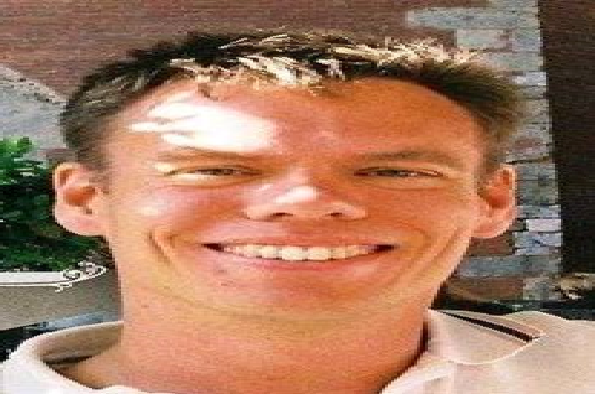
Anders Eriksson (Kings College London) - Reconstructing the Genetic Legacy of Past Selection and Migrations in the Human Genome
- Kelly Welburn
- Suitable for: Staff and students with an interest in Behaviour, Evolution, Ecology and Microbiology
- Admission: Free
Add this event to my calendar
Click on "Create a calendar file" and your browser will download a .ics file for this event.
Microsoft Outlook: Download the file, double-click it to open it in Outlook, then click on "Save & Close" to save it to your calendar. If that doesn't work go into Outlook, click on the File tab, then on Open & Export, then Open Calendar. Select your .ics file then click on "Save & Close".
Google Calendar: download the file, then go into your calendar. On the left where it says "Other calendars" click on the arrow icon and then click on Import calendar. Click on Browse and select the .ics file, then click on Import.
Apple Calendar: The file may open automatically with an option to save it to your calendar. If not, download the file, then you can either drag it to Calendar or import the file by going to File >Import > Import and choosing the .ics file.
I will discuss how spatially explicit models and Bayesian methods of inference can be used to address some of these difficulties, using the influence of climate and geography on the spread of anatomically modern humans out of Africa into Eurasia and the Americas as a case study, as well as the current limitations of this approach and how they might be addressed. Finally, as humans expanded out of Africa they encountered environments that differed dramatically from those where our species originated. This would have presented both challenges and opportunities, and set the stage for adaptation. However, the effects of specific adaptations on genetic variation can be confounded by the general demographic response to the new environments, such as local population bottlenecks. I will discuss how climate-informed spatial models can help to disentangle these factors by providing clear signatures of different forms of selection in specific geographic contexts.
